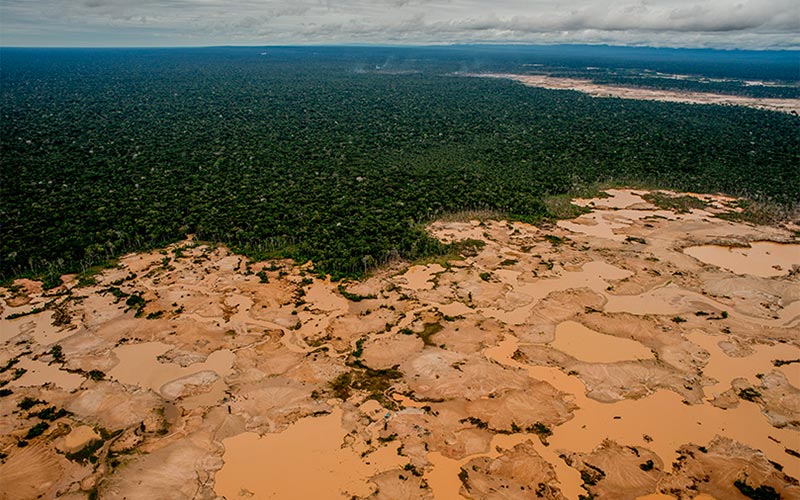The Mercosur-EU agreement and its main problems to Brazil
Rebrip | 31 August 2020
The Mercosur-EU agreement and its main problems to Brazil
by Adhemar Mineiro
1. Introduction
In late June last year, negotiations towards an agreement between the Mercosur and the European Union were finalized after more than 20 years of ongoing efforts. They had started in 1999, based on the Mercosur-European Union Cooperation Agreement, settled in December 1995. This recent agreement provides three pillars: political dialog, free-trade and cooperation. From the beginning, the entire process focused on the free trade chapter, which was, all along, responsible for negotiations ups and downs since the structure of the other chapters had soon been organized. This trade liberalization chapter was therefore the first to be concluded, last year still. Despite being clearly outlined, the other two were finalized in the first half of 2020.
Negotiations were basically concluded in a scenario where major ongoing trade negotiations, such as the TTIP (Transatlantic Trade and Investment Partnership, negotiations between the European Union and the United States), the TPP (TransPacific Partnership, involving several countries on the Pacific Coast and led by the United States) and the TiSA (Trade in Services Agreement, involving various partners such as US, EU and others), attempted to broadly open the services market among the member countries, had been stalled, for many reasons, particularly the Trump Administration’s unwillingness to proceed with multilateral arrangements, and within an atmosphere of popular resistance to free trade that only serves transnational financier corporations. Suffice to see that, if resistance waned on the part of Latin American countries, particularly those within the Mercosur, a major hub resisting throughout the first decade in this new century, resistance grew in this second decade amongst the European block, where the post-2008 crisis period and imposed fiscal limitations (where big transnational corporations escaped adjustment policies by means of evasion mechanisms, particularly by resorting to the so-called tax havens) in the first place, and increasing environmental concerns in the second, further augmented overall resistance to trade agreements.
As initially pointed out, the bi-regional association agreement between Mercosur and European Union has three basic chapters: political dialog, free trade and cooperation. Negotiations start subsequent to the so-called Madrid Agreement (formally, the Framework Agreement on Interregional Cooperation) in 1995, concomitantly with and in the same geopolitical scene in which negotiations towards the FTAA (the Free Trade Agreement of the Americas, launched as proposed by the US during the December 1994 1st Summit of the Americas in Madrid) are started and just when the WTO starts to operate (January 1995).
As such, an initial point of concern is the fact that the European Union conclude negotiations where the chapter on political dialog is based on defending democracy and democratic institutionality just when Mercosur’s most outstanding country, Brazil, is under a governmental administration whose source and legitimacy are challenged by the violation of principles that are basic to that very democratic institutionality. On the other hand, Mercosur had, since the beginning, negotiated with a European Union that included the United Kingdom, and negotiations were concluded when the European Union no longer included that which was one of its major markets.
The core of the agreement, meaning trade liberalization, still ought to be factored in. The fundamental bargain is quasi colonial: a narrow EU market opening to Mercosur’s agricultural produce in exchange for broad industrial product market concessions, in addition to services and intellectual property (including public procurement on the side), by the Mercosur countries. From the point of view of a national development strategy and policies, this means that Mercosur member countries are left with the task of providing commodities, agricultural produce, ore and energy products, while European Union member countries will provide higher value-added products and services. Environmentally speaking, but also socially and economically, Mercosur member countries’ role involves a major impact that includes faster environmental destruction and limited social and economic improvement possibilities, since those primary production sectors are not fairly inclusive while they are highly productive seed capital intensive, in addition to being particular income and wealth concentrators, a quality that amasses powerful rural political influence.
So we basically have to evaluate if returning to a “colonial pact”, with its huge social and environmental effects, is really a desirable future development strategy for the country. Or if we should otherwise look for an alternative strategy to enable increasing income and employment, featuring broad redistribution and solid environmentally preserving elements that will include the preservation of democracy, which will be brought to discussion by a strategy of income and power concentration. This is the discussion backdrop of an agreement that is not only trade related, where the free trade pillar often counters the defense of democracy and the environment.






